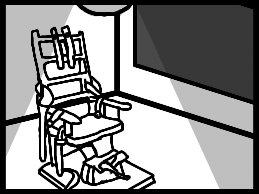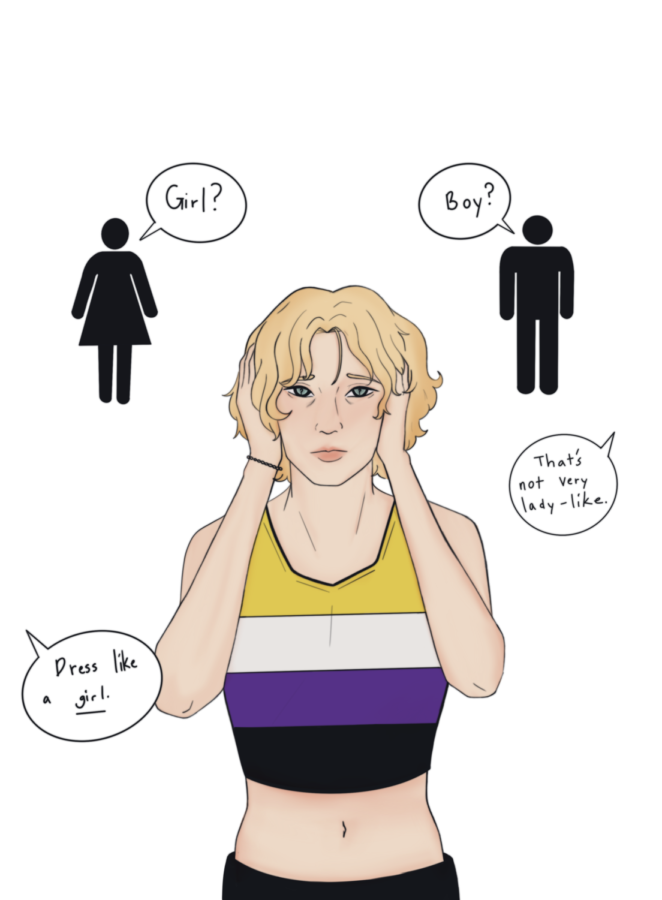
Death row is the sentence reserved for the worst of the worst. Murder, kidnapping, treason. With a sentence so harsh and insuperable, the justice system couldn’t make the mistake of wrongfully convicting the innocent, right?
Sunny Jacobs at the time of her conviction was a 27-year-old mother of two. She had gotten into the car with a friend of her husband when a police officer approached the car while they were stopped in a rest area. The police officer found a handgun with the man driving, ID’d him and found that he was on parole. Things escalated and the driver shot and killed the two police officers. Jacobs was taken hostage with her two children into the stolen police car and eventually, cops opened fire on the vehicle and cuffed everybody in the car.
The first act of corruption happened when police were deciding what to do with them. After their colleagues were killed, they decided somebody needed to pay for the loss of lives. Jacobs has attested that the officers were trying to decide whether to take them in, or kill them on the spot and say that they had attempted to escape.
Eventually, the cops decided to take them in. Jacobs’s husband Jesse Joseph Tafero was sentenced to death, but lived past the four-day sentence. The only evidence against him was the word of the true killer. Jacobs’ trial was next, and off the bat, the judge was recognized as a former traffic cop. It was said he was too connected to the situation, but he refused to step down. Jacobs’ lawyer had decided not to put up a defense to have the upper hand in the closing argument, but in the end, though the jury had only voted for a life sentence, the judge overruled and sentenced her to death without the legal reason being written down. During the sentence, Jacobs was offered many plea deals.
“Every time I said, you know, you’re trying to get me to say something that isn’t true, they would shut off the tape and start again,” she said.
Jacobs remained in solitary confinement for years, only allowed to leave her cell twice a week and be visited by family less than four times a year. She was dehumanized; they did not call her by her name, but only by a number.
The only empowerment Jacobs and others wrongfully sentenced to death row usually come to find is control over themselves. When placed into an environment you cannot control, around people you can’t control, many find that being in control of themselves gives them at least a small amount of empowerment to continue forward. This is part of what makes people like Jacobs so special. She still managed to keep her mindfulness and self-control despite the terrible situation.
In 1981, Jacobs’ sentence was changed to life in prison. She was placed in the public part of the prison again, and said it felt like freedom. Her parents took a vacation after the stress of the possibility of their child being executed had finally passed, but in the worst of circumstances, their plane crashed and they both died. Jacobs lost all of her support for the case.
15 years into their sentences, Tafero received a third death warrant and was killed as well. The electric chair malfunctioned, and he was killed by being caught on fire through the chair. They had to attempt it three times before he was legally pronounced dead.
Eventually, Jacobs’ sentence was overturned, but they still threatened her with new trials and delayed her freedom. She asked for the discovery of anything unseen, she was given 10 boxes of material containing reports on the killer passing the polygraph test. They hired an ex-policeman to examine the test, and it turned out the killer had actually not passed. Eventually, it was revealed that a guard overheard the killer bragging about the shooting and avoiding the death sentence. Only then did the hearings end, and Jacobs was finally released.
Her story is not the only one of this nature. Organizations such as Witness to Innocence exist purely to empower death row survivors, and find justice for innocent death row prisoners. Many have come forward with their stories, and how the justice system has failed them. One in nine innocent prisoners are executed on death row. Since the 1970s, more than 8,700 people have been sentenced to death, meaning that 966 of them may have been innocent.
In our justice system, people of color are also more likely to be arrested, more likely to be convicted, and more likely to receive a death sentence than white people. Death row is known to show significant racial injustice, though only 12% of the U.S. population is Black, over 42% of death row prisoners are Black.
Though the debate around the death penalty comes down to limiting criminal activity, 88% of criminologists believe that the death sentence is not working to deter murder. If this sentence isn’t doing its job well and leaves even one innocent person dead, why do we keep it around? Under specific circumstances, it is easy to see the other side of the argument, but it’s not up for debate until innocent people stop dying and suffering through these unfair circumstances. There are too many flaws within this sentence: unreliable eyewitness testimonies, poor legal representation, false confession, and reliance on unreliable jailhouse snitches. As long as this continues to be an option, innocent people will be sentenced to death and killed. Nothing within our system prevents this from happening. When death row survivors can prove their innocence, it’s almost always due to extrajudicial factors.
“Innocent people are freed not because of the system, but in spite of it,” Witness to Innocence stated.














